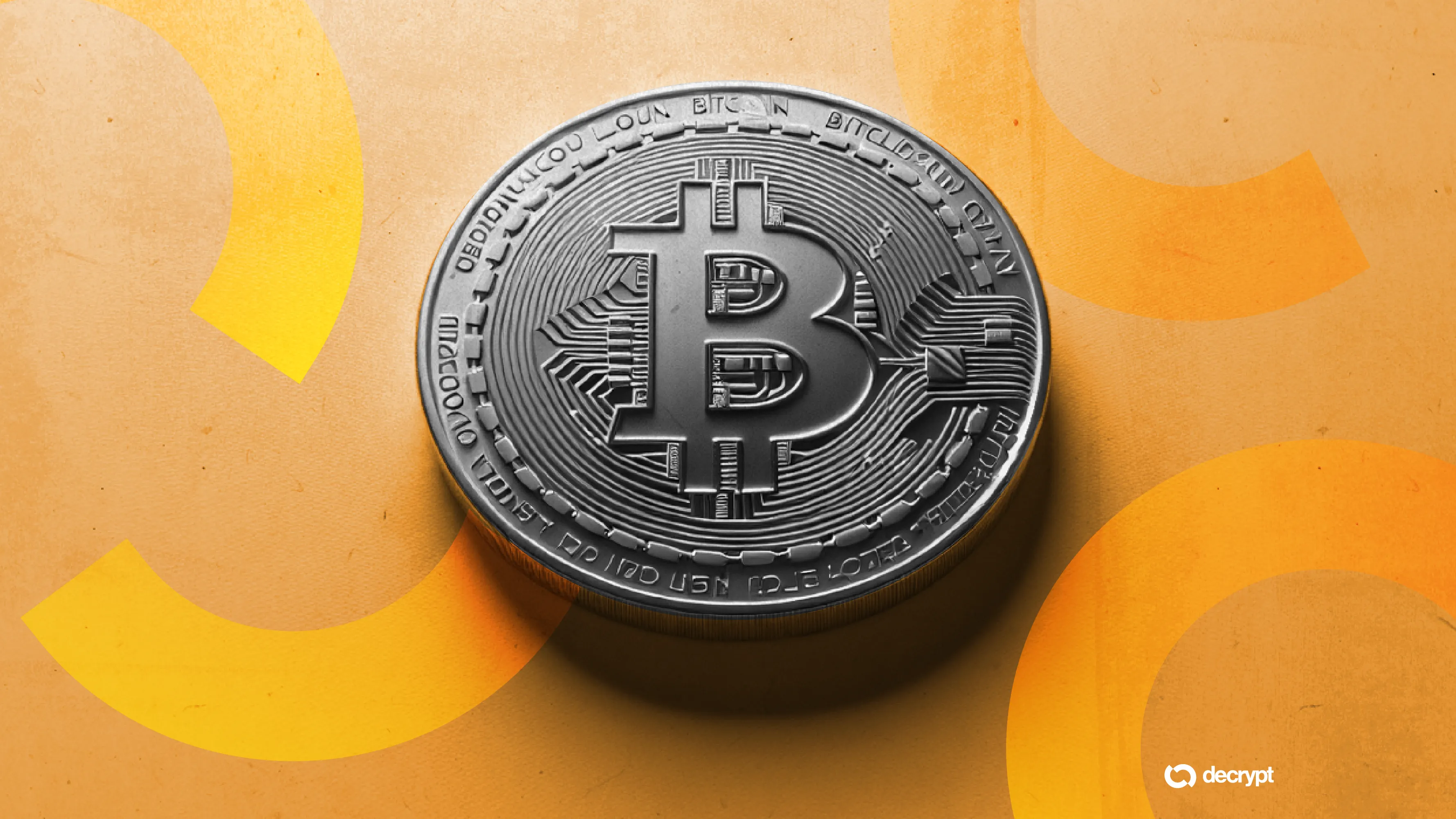In brief
- Stock exchanges in Hong Kong and India have rejected companies attempting to pivot to Bitcoin treasury strategies, with none receiving regulatory approval in recent months.
- Experts have questioned if digital-asset treasuries are justified, warning they risk becoming “volatility arbitrage shells disguised as leveraged Bitcoin plays” that harm retail investors.
- Jetking Infotrain’s Siddarth Bharwani says “lack of clarity is causing founders to move away offshore” as Asian regulatory fragmentation persists.
Major Asian stock exchanges are rejecting firms pivoting into digital-asset treasuries, a clampdown experts say is needed to prevent markets from being exposed to “severe volatility risks.”
Hong Kong Exchanges & Clearing has rejected the applications of five firms seeking to adopt Bitcoin treasury strategies in recent months, according to people familiar with the plans, Bloomberg reported.
BTC
-3.94%$107,368.55
India’s Bombay Stock Exchange last month denied India’s first publicly listed company attempting to adopt the Bitcoin standard, Jetking Infotrain’s, listing application after the IT training company planned to allocate 60% of raised funds to Bitcoin.
In Australia, the ASX bars listed companies from keeping over half of their assets in cash or cash-like holdings, effectively ruling out DAT pivots.
Joshua Chu, lawyer, lawyer, lecturer, and co-chair of the Hong Kong Web3 Association, told Decrypt that fragmentation across Asian jurisdictions will likely persist because each market prioritizes distinct policy objectives.
“Singapore’s regulatory emphasis centers on payments and the regulated use of tokenized payment instruments, whereas Hong Kong’s development is more product-centric, focusing on governance, investor protection, and the regulatory treatment of crypto-enabled offerings within capital markets,” Chu explained.

A record number of companies have increased their Bitcoin exposure in the third quarter of this year, even as the crypto market begins to navigate a volatile period.
The number of public companies holding Bitcoin surged to 172, a nearly 40% increase in just three months, according to a tweet from asset manager Bitwise on Wednesday.
As of September 30, these firms collectively held over 1.02 million Bitcoin, worth approximately $117 billion. That number has increased over the last two weeks to 1…
“India pursues a much stricter stance on crypto rebrands and related activities, and Australia maintains a cautious, market-conduct-oriented posture in its exchange frameworks,” he added.
The crackdown comes after retail investors lost an estimated $17 billion on digital-asset treasury trades, according to a recent 10X Research report.
Companies adopting Bitcoin treasury strategy
The pushback comes as hundreds of companies globally have adopted the Bitcoin treasury model pioneered by Michael Saylor’s Strategy Inc., which now holds over 640,000 BTC worth approximately $70 billion.
This week, Citi gave Strategy a “buy” rating with a $485 price target but warned the stock “presents significant risks due to its positioning as a leveraged proxy for Bitcoin,” noting even moderate Bitcoin price declines can lead to magnified shareholder losses.
On prediction market Myriad, launched by Decrypt’s parent company Dastan, users overwhelmingly expect Strategy to stay the course on its Bitcoin acquisition spree, placing only a 7% chance on the firm selling any Bitcoin this year.
“The elephant in the room is are DATs really justified?” Chu questioned, noting “without a credible business case, rigorous governance, robust custody, and transparent risk controls, such DAT structures can become misaligned with shareholder interests and could invite the kind of liquidity and governance risks regulators worry about.”
He warned against loosening traditional corporate rules for crypto treasuries, noting they protect against “volatility arbitrage shells disguised as leveraged Bitcoin plays” that led to the recent retail losses.
Traditional corporate rules should still govern digital-asset treasuries,” Chu said, warning that loosening them risks a repeat of the dot-com era’s “speculative frenzy without revenue backing.

Citi has given Strategy stock a “buy” rating and a price target of $485, citing the investment as “a bellwether of BTC’s potential upside and downside momentum.”
The bank said in a Tuesday note that Bitcoin treasury, which trades on the Nasdaq under the ticker MSTR, could continue to soar if BTC hits the $181,000 12-month price target it gave the company last week.
MSTR closed up 1.7% at $301.91 per share, according to Yahoo Finance data. The stock’s record price was $473.83 in 2024. Bitcoin wa…
Siddarth Bharwani, JMD and CFO of Jetking Infotrain, told Decrypt the company’s appeal to the Securities Appellate Tribunal following BSE’s rejection “isn’t about confrontation—it’s about clarification.”
He called the rejection “a missed opportunity to explore how Indian listed companies can responsibly innovate” with Bitcoin in ways that add long-term shareholder value.
“India is unique in its challenges,” Bharwani said, noting that while there is demand for digital assets and flourishing ecosystems being built, “a lack of clarity is causing founders to move away offshore.”
Countries like Japan and the UAE are creating regulatory frameworks, he added, while India, Hong Kong and Australia “need to openly support such innovations.”
Daily Debrief Newsletter
Start every day with the top news stories right now, plus original features, a podcast, videos and more.
